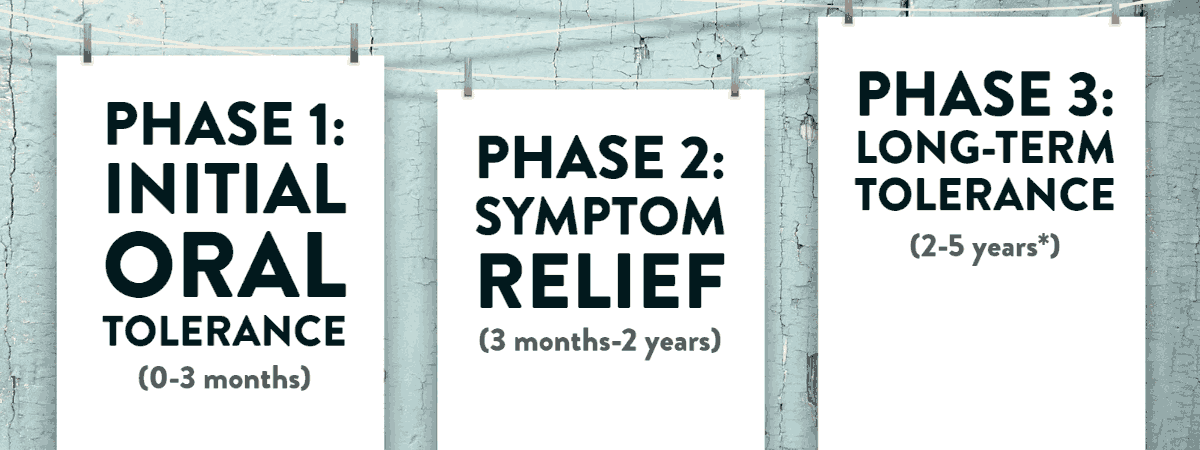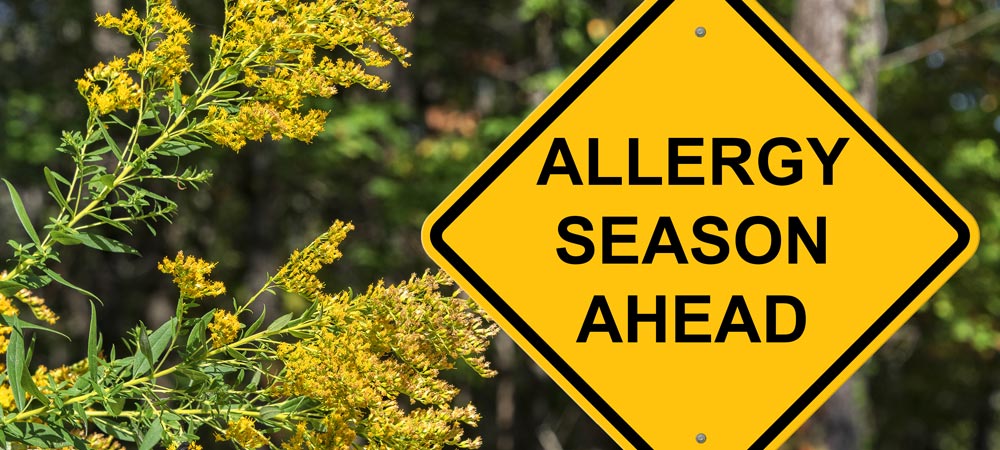Sublingual Immunotherapy
How Long Does It Take for Allergy Drops to Work?
Have you ever wondered how long it takes for allergy drops to work? The short answer is that many patients report feeling better within a few months of treatment, but this timeline can depend on the patient, the severity of the allergies, and how consistent patients are with taking their allergy drops. The long version…
Understand allergy drop treatment phases...Why Are Allergy Drops Not FDA Approved?
The FDA approves products. Though allergy drops may seem like a product, they’re a medical therapy personalized to each patient to treat the specific things that cause allergy symptoms. Because allergy drops are a therapy and not a product, the FDA will likely never approve multi-allergen allergy drop treatment. Why are other allergy treatments, like…
Better understand the FDA approval process...Do Allergy Drops Work?
Allergy drops work as a disease-modifying treatment for allergies. With allergy drops following the La Crosse Method™ Protocol, you get a personalized treatment based on the specific substances allergy test show you’re allergic to. Over a typical three to five years of treatment, the body is trained to tolerate problem allergies, so it no longer…
See how effective allergy drops can be...Why Allergy Symptom-Relievers Could be Harmful in the Long Run
When exposed to a harmful allergen, the body releases histamine — and that triggers allergy symptoms like itchy eyes and nose, runny nose, congestion, and more. When you take an antihistamine, it works to reduce the effect of histamine and therefore, the symptoms. That’s why antihistamines are usually the first line of defense when battling…
Read more about antihistamine side effects...Why People Stop Taking Allergy Drops & Why They Should Continue
When patients start allergy drop immunotherapy following The La Crosse Method™ Protocol, they’re aware of the length of treatment. Changing how your body responds when exposed to allergens takes time — often three to five years. So why do some patients stop mid-treatment? Here are some of the common reasons they stop, and why instead,…
Read more about why you should continue your allergy treatment...New Pet Making You Sneeze? Tips to Manage Pet Allergies
Getting a new pet is exciting for all involved, but after having a new dog or cat in your home for a few weeks, you may find a member, or members, of your family start to feel sick. Itchy eyes, sneezing, coughing, running nose and more can all be related to an allergy to your…
Read more about managing your pet allergy...3 signs you should be tested for allergy & 3 benefits of testing
To many, being tested for allergies seems like a bigger hassle than it’s worth — it can be time consuming and uncomfortable — but that’s changing. This is your sign that it may be time to rethink this notion. Below are three signs you may be a good candidate for allergy testing, and three benefits…
Read more about why you should be tested for allergies…What Your Allergy Control Measures Say About Your Allergies
Many people suffer through their allergy symptoms for far too long, thinking they’re something everyone “just has to deal with.” Most don’t even know what their problematic allergens are; they just know the time of year their allergies hit, or the measures they take to make themselves feel better throughout the year. This blog gives…
Read more about allergy control...It Finally Happened: Seeing Sesame on Food Labels
It finally happened! Thanks to The Food Allergy Safety, Treatment, Education, and Research (FASTER) Act that was passed in April of 2021, sesame is required to be listed as a major food allergen on food and beverage package labels. This change went into effect on January 1, 2023. This blog breaks down the importance of…
Read more about Sesame on Food LabelsWill a Nasal Spray Help My Allergies?
After suffering allergy season after allergy season, many people will offer their best piece of advice for managing your symptoms. One common recommendation is nasal sprays. This blog dives into how nasal sprays work, how they’re different than oral antihistamines, and how disease-modifying treatment can help reduce the need for symptom relievers over time. How…
Read more about nasal sprays…- « Previous
- 1
- 2
- 3
- 4
- Next »










